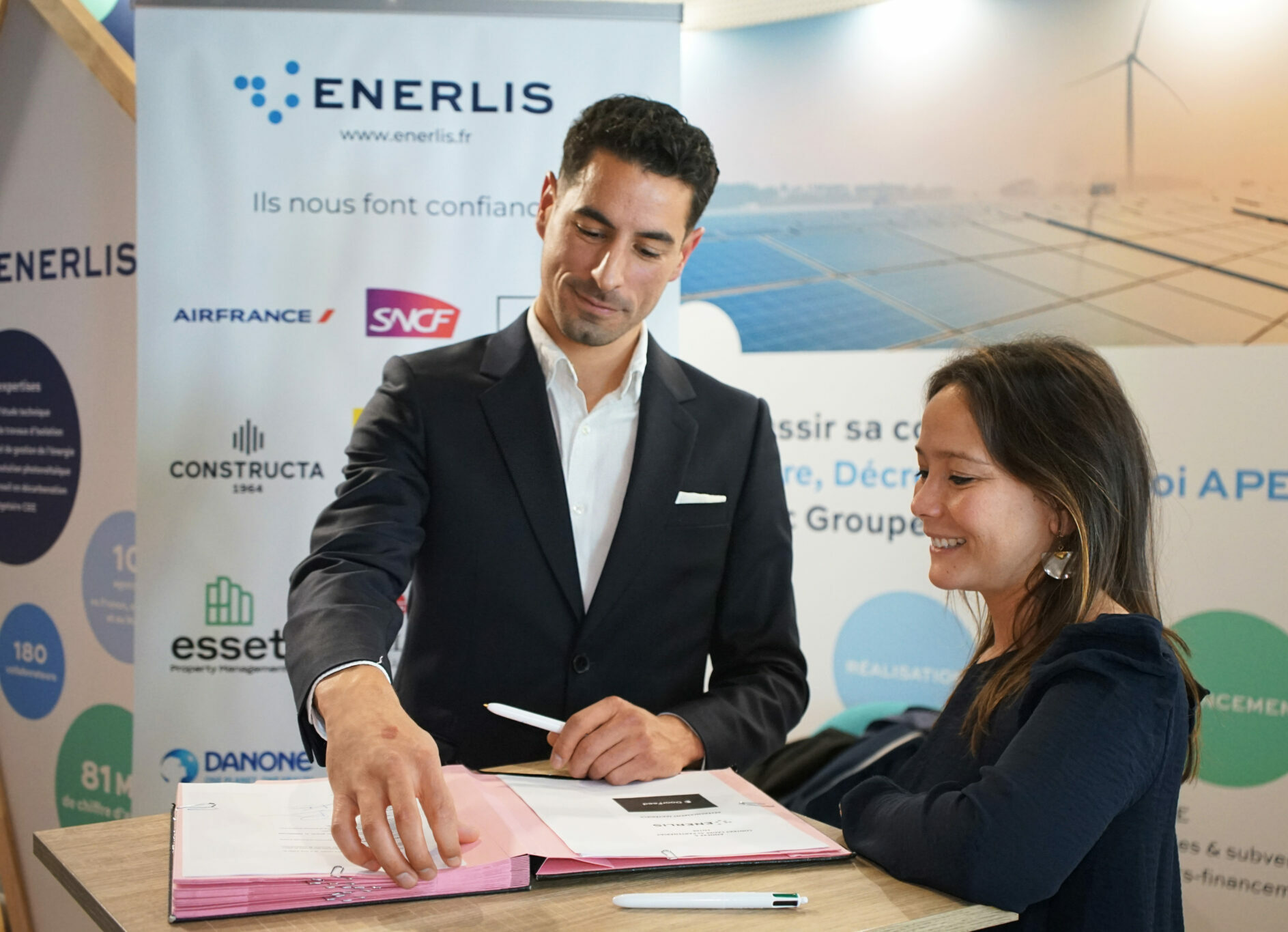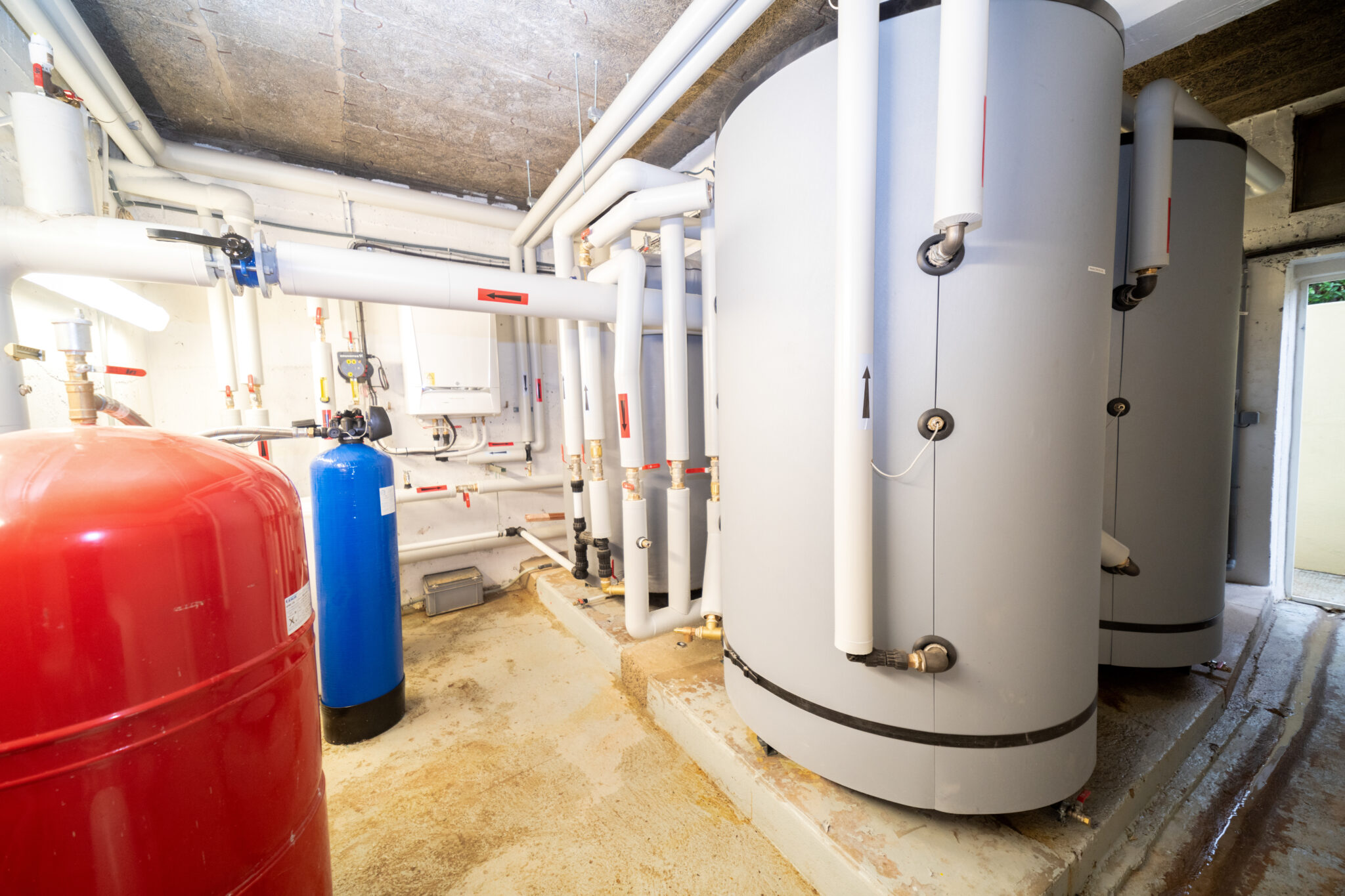Nos actualités.
Filtrer les articles

11 juin 2024
Une nouvelle médaille d’or pour notre démarche RSE
Pour la seconde année consécutive, le Groupe Enerlis vient d’être récompensé pour sa performance environnementale, sociale et sociétale par une...
Voir la suite

30 avril 2024
Décret BACS : Êtes-vous concerné ?
Le Décret BACS (Bâtiments à Contrôle Automatisé et à Suivi) régule la consommation énergétique des bâtiments tertiaires en France. Son...
Voir la suite

Rapports annuels sur nos engagements RSE
La signature d’Enerlis, « entreprendre un nouveau monde énergétique » incarne la vision d’un futur sobre en carbone et plus...
Voir la suite

26 janvier 2024
Enerlis, sponsor officiel du Poissy FC !
Enerlis est ravi de devenir le sponsor principal du lancement du Poissy FC, marquant ainsi le début d'une collaboration passionnante...
Voir la suite

23 janvier 2024
ISO 14001, renouvellement réussi
Enerlis vient d’être renouvelé ISO 14001, trois ans après sa première certification. La norme 14001, qui vient évaluer et encadrer...
Voir la suite

20 décembre 2023
Enerlis témoigne de son engagement en faveur du climat
Dans le cadre de son adhésion au Pacte Mondial réseau France, Enerlis, acteur global de la transition énergétique, a témoigné...
Voir la suite

14 décembre 2023
Partenariat entre Enerlis et DoorFeed
Enerlis, opérateur global de transition énergétique, et DoorFeed, première plateforme en France d’agrégation de biens immobiliers résidentiels locatifs pour investisseurs...
Voir la suite

